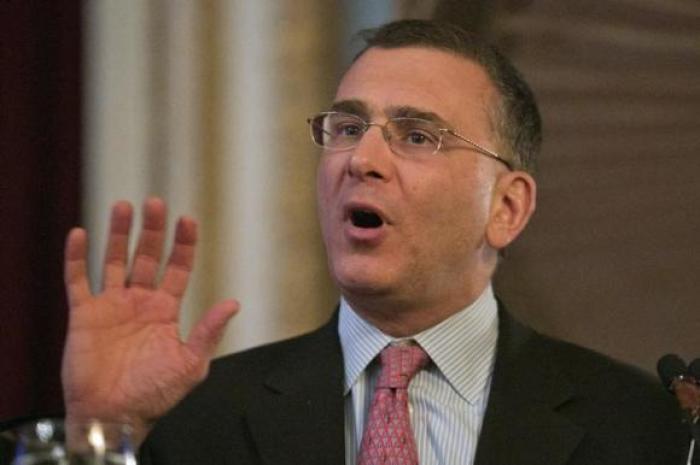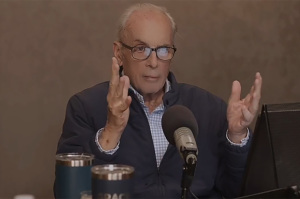Analysis: What Jonathan Gruber Taught Us About Obamacare: Call it the Arrogance of the Liberal Elite

"Call it the stupidity of the American voter," MIT economist Jonathan Gruber said in explaining how "Obamacare" got passed. Rather than being a "glib" and "thoughtless" remark, as Gruber testified to Congress Tuesday, his supposed "gaffes" are actually a clearly articulated explanation of the philosophy upon which the new healthcare law is based.
Generally speaking, liberal healthcare reforms, like the Affordable Care Act, also known as "Obamacare," attempt to control the growth of healthcare costs through greater government control over the healthcare industry; alternatively, conservative healthcare reforms, like two bills that were introduced (but never passed) in the U.S. House, attempt to control the growth of healthcare costs through greater empowerment of healthcare consumers.
Most conservative reform proposals, for instance, suggest providing Americans with the means to purchase their own health insurance, such as through a voucher or tax credit. These reforms also often include allowing consumers to purchase health insurance across state lines, tort reform to lower the costs of malpractice insurance for doctors and high-risk pools for the special cases when healthcare costs are way above average.
Parts of the ACA included conservative notions of healthcare reform, which helped the bill gain support from some conservative Democrats. Some Americans, for instance, who do not get health insurance from their employer and are not eligible for Medicare or Medicaid can get subsidies to purchase health insurance on state-level health care exchanges.
The primary method of cost control in the ACA, however, is the Independent Payment Advisory Board. The IPAB is a government appointed board of 15 health care experts tasked with making recommendations to Congress on how to reduce the growth in healthcare costs. If costs grow above a certain level, Congress is required to either pass the IPAB's recommendations or come up with its own cost control measures. If Congress does not act, the IPAB's recommendations become law. If the IPAB fails to act, the Department of Health and Human Services is empowered to implement its own cost control measures.
As the ACA has been implemented, Americans have discovered additional ways in which government bureaucrats have been empowered to make healthcare decisions on their behalf. Most famously, former Health and Human Services Secretary Kathleen Sebelius decided that health insurance should cover contraceptives, sterilization and drugs that could cause an abortion. This requirement was also placed upon most religious employers, even those with ethical objections, which led to ongoing court battles.
The two differing views of healthcare reforms essentially comes down to the question of who one trusts to make healthcare decisions. Gruber's view, which is also consistent with the philosophy behind the ACA, is that Americans are stupid.
Gruber understood Americans had to be shielded from what the law actually did, because if they did know they would not have supported it. He additionally believed that subterfuge was necessary to pass the law because Americans are too stupid to understand what is good for them. (He wished "that we could make it all transparent, but I'd rather have this law than not.") Similarly, the law itself is built upon the notion that Americans are too stupid to make their own healthcare decisions. Government bureaucrats and panels of experts (experts like Jonathan Gruber) must make those decisions for them.
So Americans owe Jonathan Gruber a debt of gratitude for this clarifying moment. With an honesty and forthrightness that few politicians have been able to muster, the professor has taught us what Obamacare is really all about.





























